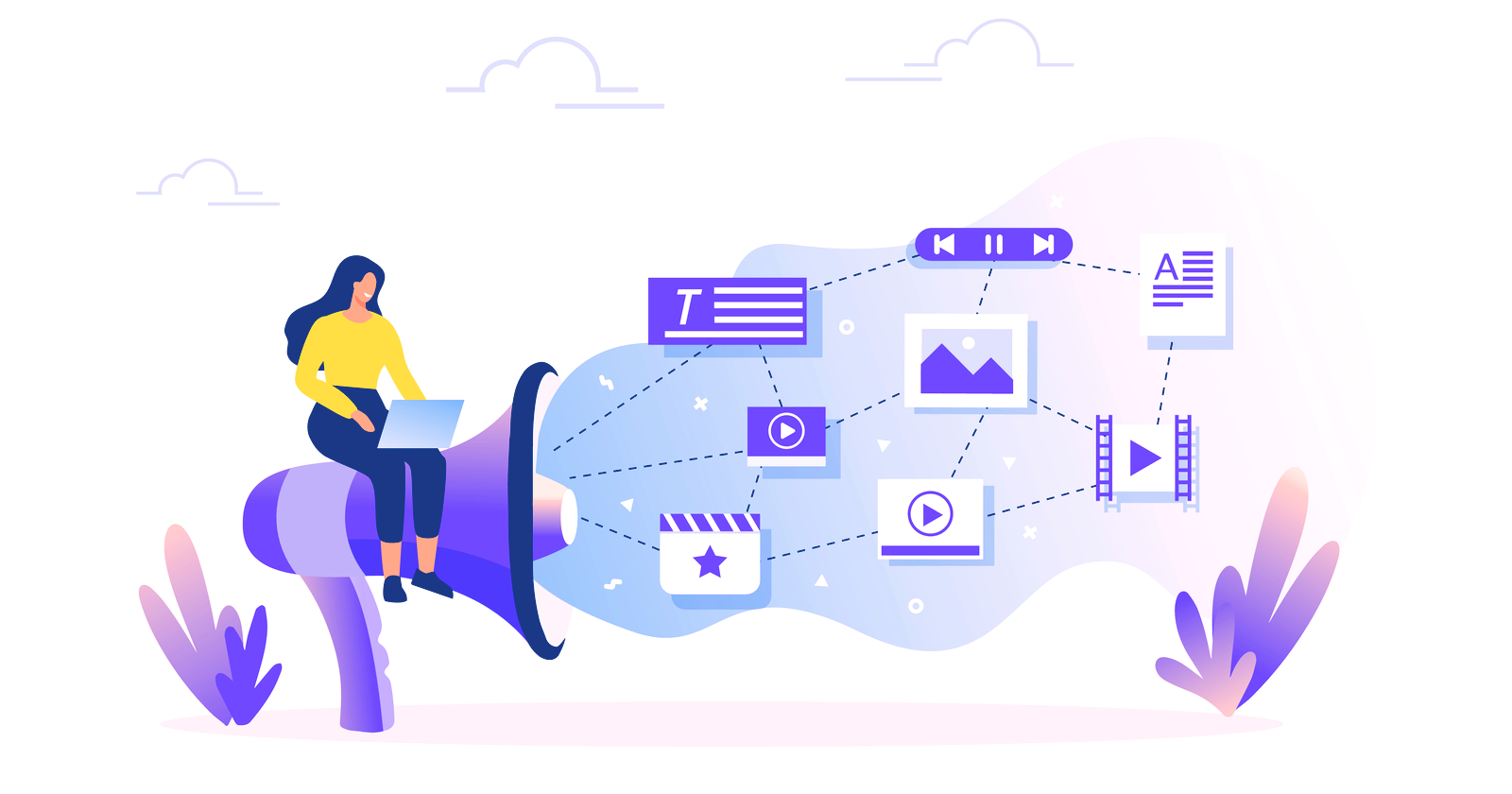Artificial Intelligence (AI) is no longer a futuristic technology reserved for tech giants. Today, businesses of all sizes are leveraging AI to improve efficiency, make data-driven decisions, and enhance customer experiences. In this blog, we’ll explore how AI can boost your business, real-world examples, and steps to get started.
Why AI Matters for Businesses
AI provides tools to streamline operations, predict market trends, and personalize customer interactions. By automating repetitive tasks and analyzing complex datasets, AI frees up time for businesses to focus on strategy and growth.
Key Ways AI Can Boost Your Business
1. Enhanced Decision-Making with AI Analytics
AI-powered tools analyze vast amounts of data, uncover patterns, and provide actionable insights.
- Example: Retailers use AI to predict consumer buying behavior and adjust inventory.
- Tool: Platforms like Tableau or Power BI with AI integration.
2. Automating Repetitive Tasks
AI can automate mundane tasks, allowing employees to focus on more critical work.
- Example: Chatbots handle customer queries, freeing up human agents for complex issues.
- Tool: ChatGPT, Freshdesk, or Intercom.
3. Personalized Marketing and Customer Experiences
AI algorithms analyze customer data to deliver hyper-personalized recommendations.
- Example: Netflix uses AI to recommend shows tailored to user preferences.
- Tool: Marketing platforms like HubSpot or Salesforce Einstein.
4. Sales and Lead Generation
AI-driven tools can identify high-potential leads and suggest strategies for conversion.
- Example: AI tools like Drift predict customer interest based on website interactions.
5. Cost Optimization
AI optimizes supply chains, reduces energy usage, and minimizes waste.
- Example: Manufacturing companies use AI for predictive maintenance, avoiding costly downtime.
- Tool: IBM Watson IoT for asset monitoring.
Industries Leveraging AI for Business Growth
- Healthcare: AI assists in diagnostics, patient management, and personalized treatments.
- Retail: Dynamic pricing, personalized shopping experiences, and inventory management.
- Finance: Fraud detection, algorithmic trading, and customer credit scoring.
- Manufacturing: Predictive maintenance and quality control through computer vision.
Getting Started with AI for Your Business
Step 1: Identify the Problem
Pinpoint repetitive tasks, data bottlenecks, or areas needing improvement.
Step 2: Choose the Right AI Tools
Research tools suited for your industry. Many platforms offer affordable and scalable solutions.
Step 3: Start Small
Implement AI for one specific task and measure results before scaling.
Step 4: Train Your Team
Equip your team with the skills needed to understand and manage AI tools effectively.
Step 5: Evaluate and Optimize
Continuously assess performance and tweak AI solutions for better outcomes.
Real-World Success Stories
- Starbucks:
Starbucks uses AI to analyze customer purchase history and recommend personalized offers, increasing sales and customer loyalty. - Amazon:
AI powers Amazon’s recommendation engine, contributing significantly to its revenue by suggesting products customers are likely to buy. - Domino’s Pizza:
Domino’s uses AI for voice recognition in its ordering app and to optimize delivery routes, ensuring faster service.
Challenges to Overcome
- Data Quality: AI is only as good as the data it’s trained on.
- Initial Costs: Implementing AI may require upfront investment.
- Ethical Concerns: Ensure data privacy and transparency in AI decisions.
Conclusion
AI is a game-changer for businesses, offering tools to enhance productivity, decision-making, and customer satisfaction. By integrating AI thoughtfully, companies can stay competitive and unlock new opportunities for growth.
Ready to boost your business with AI? Start small, think big, and watch your business transform!


